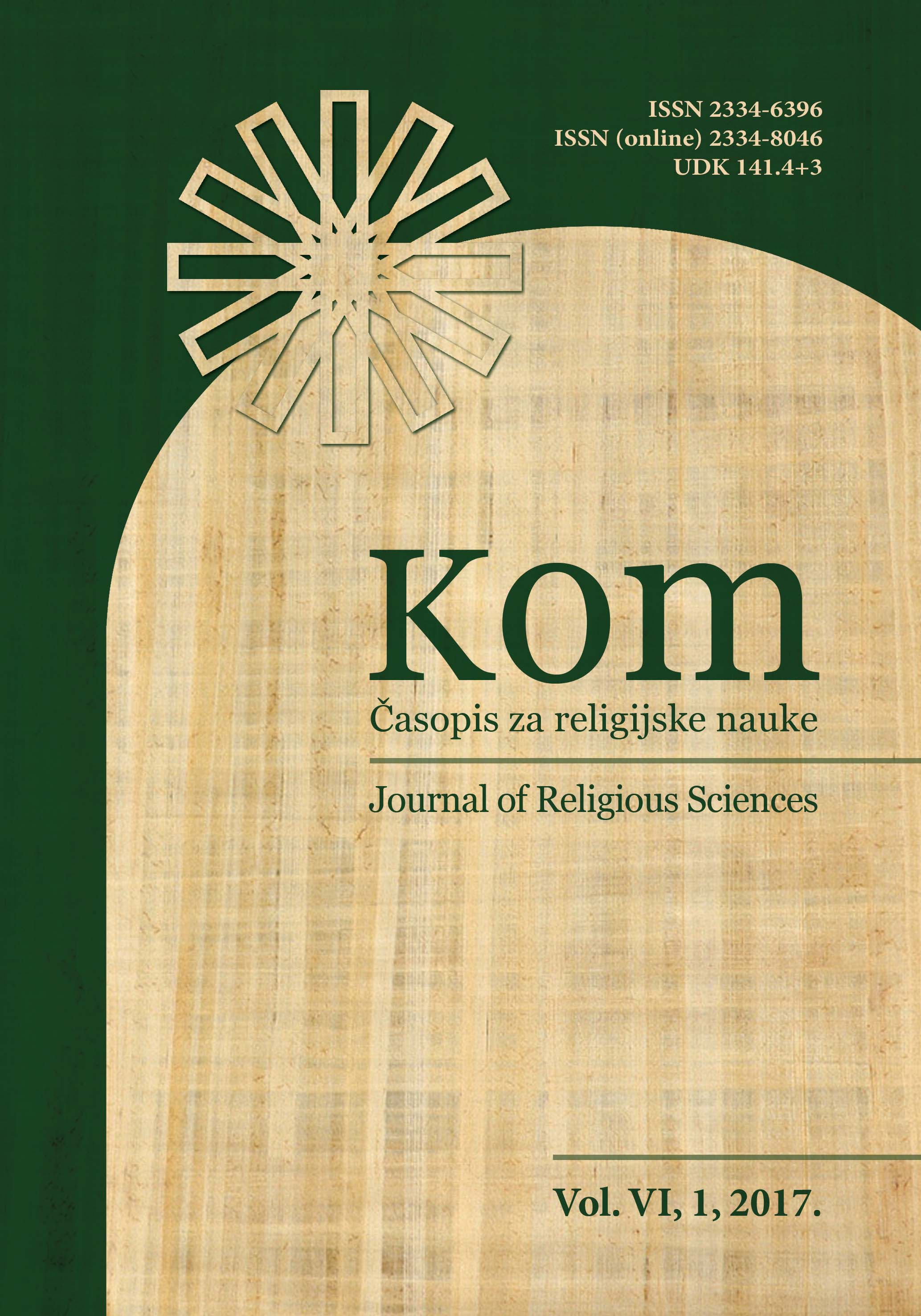Hadže Nasirudin Tusi i socijalna etika
Khwajah Nasir al-Din al-Tusi and Social Ethics
Author(s): Muamer HalilovićSubject(s): Social Philosophy, History and theory of sociology, Social Theory
Published by: Centar za religijske nauke "Kom"
Keywords: Khwajah Nasir al-Din al-Tusi; ethics; social ethics; social thought; society; man;justice;
Summary/Abstract: A renowned Muslim thinker from the 13th century, Khwajah Nasir al-Din al-Tusi, made a great progress in the history of Islamic social thought by expanding the subject of ethics from an individual to society. Ethics, in his opinion, does not exclusively refer to the actions of every individual, even when those actions are directed at other people. The subject of ethics can be the whole society, as well, which is precisely what he insisted on and on the basis of what he formed his social thought. On the other hand, the man, as the God’s messenger on the earth and the God’s most perfect creature, is, according to his nature, a social being. The social dimension is one of the relevant aspects of personality of such a man and it is impossible to separate it from his individual dimension. It is absurd and almost nonsensical to speak about a man and his existential capacities without deeply immersing into his social identity. And, since Tusi saw the root of various community problems in the lack of moral spirit, it was clear that he would seek the key to the locked door and the solution to the problem of prosperity and progress in ethics, not in the traditional ethics that considered only a man’s individual personality, but in the ethics that would also encompass the social dimension of his existence. That is how Tusi engaged into the detailed analysis of the scientific discipline that would later develop in the form of social ethics.
Journal: Kom: časopis za religijske nauke
- Issue Year: VI/2017
- Issue No: 1
- Page Range: 71-97
- Page Count: 26
- Language: Serbian

